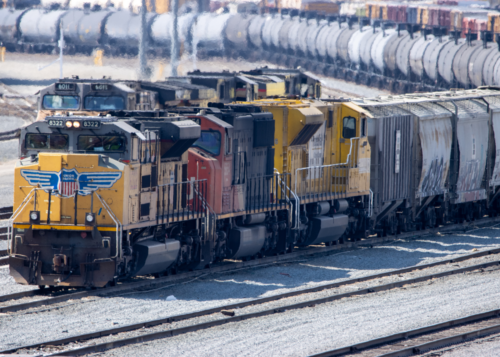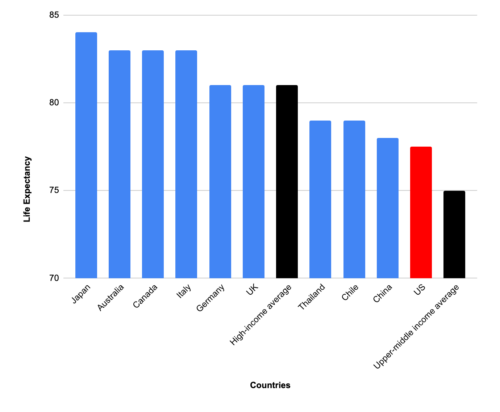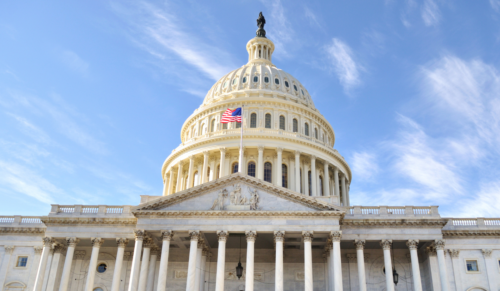Arab Spring in the Balance
By: / 05.25.2011
 Americans, conditioned by harsh experience to expect nothing but trouble from the Middle East, have been thrilled and inspired by the Arab Spring. But now a practical question looms: Just how far are we prepared to go to help these rebellions succeed?
Americans, conditioned by harsh experience to expect nothing but trouble from the Middle East, have been thrilled and inspired by the Arab Spring. But now a practical question looms: Just how far are we prepared to go to help these rebellions succeed?
Early successes in Tunisia and Egypt may have created a false impression of the brittleness of the region’s ancien regime. Elsewhere, dictators and autocrats are proving harder to dislodge. And despite the toppling of longtime strongman Hosni Mubarak, democratic consolidation in Egypt is anything but assured.
Around the Middle East, popular demands for individual freedom, economic justice and self-determination have hit a stone wall of reaction and sheer inertia. Hopes that liberal democracy will take hold in the region hang in the balance.
For the United States, the strategic stakes are enormous. Consider, for example, what the end of the al-Assad family’s monopoly on power in Syria might mean. In addition to opening up one of the region’s most sinister police states, it could deprive Iran of its most dependable ally, further isolating Tehran’s rebarbative clerics. Peace with Israel might be too much to hope for, but regime change could loosen Syria’s ties to the rejectionist front of Hezbollah and Hamas, and curb its murderous meddling in Lebanon.
Yet what’s happening across Syria now is a kind of rolling Tiananmen Square, as Assad unleashes tanks and snipers on protestors, killing nearly 1,000 civilians and counting. This brazen reign of terror makes a mockery of President Obama’s admonitions to Assad to “lead the transition” or get out of the way. Assad is no part of the solution, he is the problem, and Washington needs to hold him accountable for his crimes.
The administration should press for a U.N. investigation that would pave the way for indicting Assad and his cronies in international tribunals for crimes against humanity. In truth, Washington has limited leverage on Assad, but it ought to play a long game, doing everything possible to delegitimize his regime, empower human rights and democracy activists, and strengthen civil society in Syria.
Also high on our priority list is Yemen, where al Qaeda in the Arabian Peninsula is busy plotting terror attacks on the United States. Despite strong internal and external pressure, President Ali Abdullah Saleh has thrice reneged on promises to step down. This augurs more civil strife and chaos, and opportunities for Islamists to entrench themselves in the country’s ungoverned spaces. Given the terror threat, the United States needs to play a more forceful hand in getting Saleh to yield to popular demands that he resign, paving the way to elections and a more representative government.
Libya is of less consequence, but the United States already is embroiled in the revolt against Muammar Qaddafi, albeit in a supporting role. NATO air strikes have prevented the dictator’s forces from carrying out his threats to crush the rebels. The opposition, however, lacks the organization, weapons and military training to defeat his armed forces. The prospect here is for stalemate and protracted civil war, unless the United States and its allies undertake to equip the rebels with the tools they need to finish the job.
Egypt poses an especially thorny problem for U.S. diplomacy. As the biggest Arab country and political trendsetter, what happens there will have major repercussions throughout the region. Although popular protests brought down longtime strongman Hosni Mubarak, political power is firmly in the hands of the army’s senior officers. As Larry Diamond notes, the army has arrested thousands of peaceful demonstrators and is trying them in military tribunals. It also has ignored growing attacks by Islamist extremists on Coptic Christians, perhaps as a way of underscoring its indispensability as the sole bulwark of social stability in Egypt. Also worrisome is a compressed timetable for Egypt’s first post-Mubarak elections, which will be held in September. That gives the nation’s authentic democratic forces little time to organize a counterweight to the Muslim Brotherhood, which could be poised to score big gains.
In Egypt, fortunately, the United States does have leverage. The military has received billions in U.S. aid, and Obama last week promised additional economic assistance. Washington can best sustain the momentum of the Arab Spring by using its influence to prevent the Egyptian military from blocking a transition to democratic and genuinely civilian rule.
Until now, Washington has been mainly a spectator to an indigenous popular rebellion against tyranny, corruption and injustice in the Middle East. To ensure that these movements for freedom and self-determination aren’t rolled back, we ought to be prepared to give at least some of them a decisive push.
Photo Credit: M. Hamama /cc/







